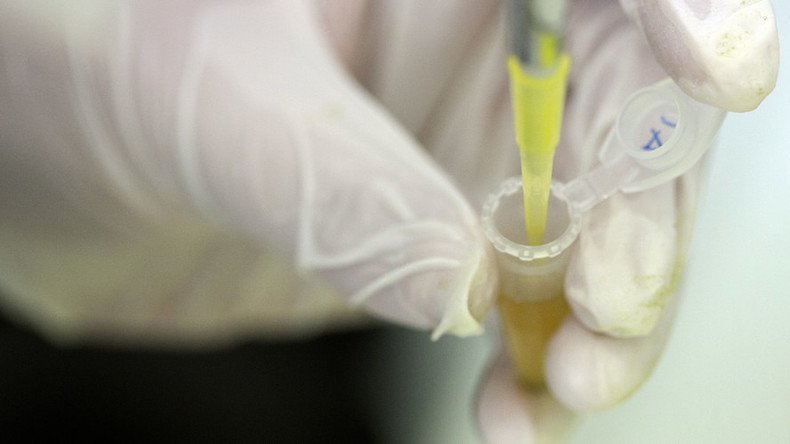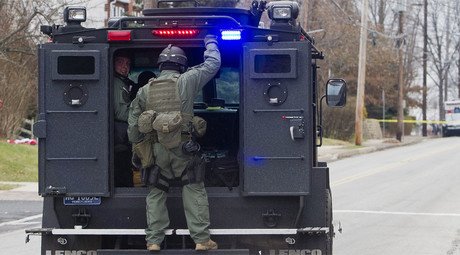Michigan welfare recipients passing drug tests with flying colors

Michigan Governor Rick Snyder is learning a lot about the drug habits of welfare recipients. After signing legislation for a drug-testing program for beneficiaries of government assistance in December 2014, the total number of positive results is... zero.
Michigan’s pilot program to drug test welfare recipients and applicants officially began last October and covers three counties. In May, there were a recorded 303 applicants and recipients who had been tested. Not a single one of them tested positive for banned drug use, the state reported.
Snyder has yet to comment on the results.
“The governor will wait until the pilot program has concluded and the report is delivered, as required by the legislation, to reach any conclusion,” spokeswoman Anna Heaton told the Guardian.
All 303 applicants had applied for the state’s Family Independence Program, which provides temporary cash assistance to families with children and pregnant women to help them pay for living expenses.
Michigan’s legislature set aside $300,000 to implement the program, which involves a 50-question screening. If any answers cause state health officials to believe that an applicant may be using a controlled substance, the applicant must agree to take a substance abuse test. Refusal to comply with a drug test results in being banned from receiving benefits for six months.
Michigan Department of Health and Human Services (DHHS) spokesman Bob Wheaton told the Guardian that no one refused to take the drug test, either.
This isn’t the first time Michigan has tried such a program. For five weeks in 1999, the state randomly drug tested recipients. However, out of the 268 people who were tested, only 21 had positive results, 18 of whom tested positive for marijuana.
Rana Elmir of the American Civil Liberties Union (ACLU) of Michigan is familiar with these results. The ACLU filed a lawsuit over the 1999 program in 2003. The two parties reached a settlement, in which they agreed Michigan could conduct drug tests when there was a responsible suspicion that it would be positive.
Elmir doesn’t think the present iteration of the drug testing requirements will be any more productive than previous attempts.
“It is foolish for the state to the same thing today, yet expect different results,” she said. “We call on DHHS to end this ineffective program immediately. Not only are they humiliating and potentially unconstitutional, such programs are clearly a flagrant waste of resources that reinforce stereotypes about poor people.”
Liberty & drug tests for all: Lawmaker seeks to drug screen the richhttps://t.co/9W4C3jU8TVpic.twitter.com/f37EKIP73T
— RT America (@RT_America) June 17, 2016
Elmir is not the only one upset about this policy. In Wisconsin, US Representative Gwen Moore, a Democrat, pushed back against Republican Governor Scott Walker’s determination to drug test participants in the Supplemental Nutrition Assistance Program (SNAP), commonly known as food stamps, and Temporary Assistance for Needy Families (TANF). Moore has proposed a bill called the Top 1% Accountability Act that would force taxpayers with itemized deductions exceeding $150,000 to submit a clear drug test to the IRS.












